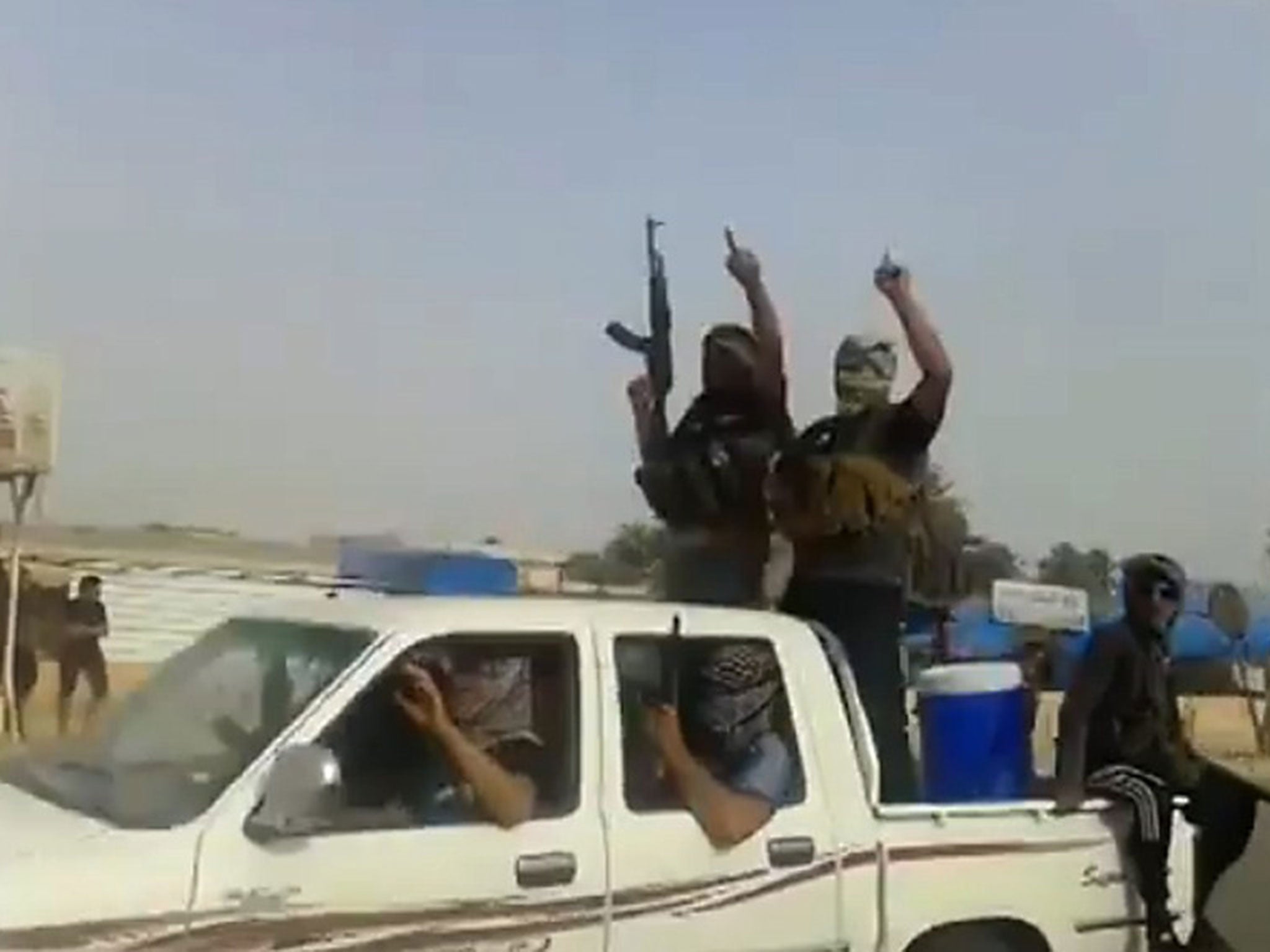Iraq crisis: Prime Minister Maliki refuses to stand down as Isis militants advance on oil refinery
Mr Maliki's spokesman said he would not resign as a condition of US air strikes

Iraq’s Prime Minister Nouri al-Maliki has refused calls for his resignation as government forces continue to battle Sunni militants attempting to take control of the biggest oil refinery in the crisis-hit country.
Mr Maliki's spokesman, Zuhair al-Nahar, said the west should support the Shia-led government's military operation against al-Qa'ida splinter group Isis instead of calling for a change in government, after it emerged that the US had told senior Iraqi officials Mr Maliki must leave office if it is to intervene militarily.
He told BBC Radio 4 Today: "Our focus needs to be on urgent action – air support, logistic support, counter-intelligence support to defeat these terrorists who are posing a real danger to the stability of Iraq, to the whole region."
He said Mr Maliki would not resign as a condition of US air strikes requested by the Iraqi government.
On Wednesday, Republican Senator John McCain called for the use of American air power, but also urged US President Obama to "make it make very clear to Maliki that his time is up," a call that was echoed by Dianne Feinstein, the chair of the Senate intelligence committee.
The Baiji refinery, 200 km north of the Baghdad, was a battlefield on Thursday as troops loyal to the Shia-led government held off insurgents from Isis who stormed the perimeter a day earlier, threatening national energy supplies.
Witnesses reported seeing plumes of smoke and said insurgents flew black banners across watch towers on the refinery, suggesting the facility had fallen into their control. This claim was denied by a top Iraqi security official, however, who claimed government forces had regained full control after fighting with militants.
Isis militants have overtaken towns across northern Iraq in a lightning-speed advance towards the capital of Baghdad.
The US has pushed Iraq to present a clear coalition to fight the militants, with Vice President Joe Biden offering praise Wednesday for Iraq's Shia, Sunni and Kurdish leaders as a means to tamper the sectarian anger roiling the country.
Mr Maliki's Shia-led government has faced widespread dissatisfaction from the nation's sizable Sunni and Kurdish minorities. Mr Maliki, a Shia, has rejected charges of bias and instead said the crisis has led Iraqis to rediscover "national unity."
In Washington, Mr Obama briefed leaders of Congress on options for quelling the al Qa’ida-inspired insurgency, though White House officials said the president had made no decisions about how to respond to the crumbling security situation.
Join our commenting forum
Join thought-provoking conversations, follow other Independent readers and see their replies
Comments
Bookmark popover
Removed from bookmarks